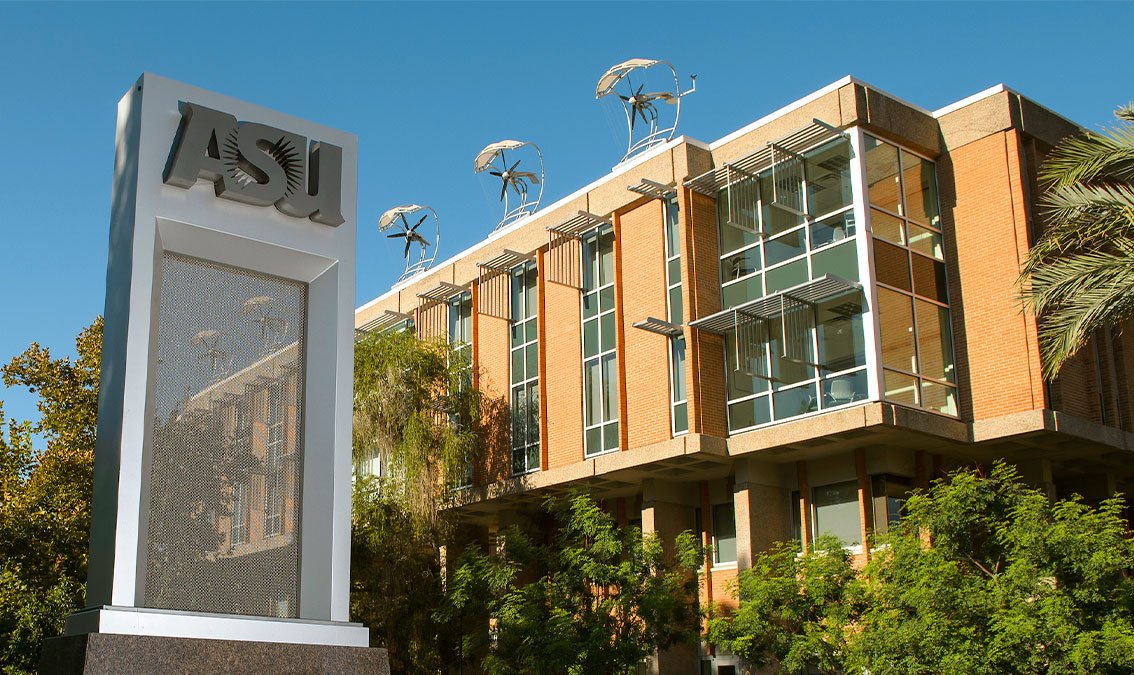

Online M.S. in Supply Chain Management from Syracuse University
The online M.S. in Supply Chain Management from Syracuse University is designed to prepare students to oversee the life cycle of a product, make meaningful decisions through risk management, and create efficient supply chains.
- Students are uniquely positioned to take on supply chain positions compared to earning a specialization
- Focus on risk management, financial management, and digital supply chain strategies
- Develop a solid foundation in Six Sigma in combination with supply chain expertise
SPONSORED


MS in Supply Chain Management from Arizona State University
Prepare for your future as a leader in supply chain management by earning a Master of Science in Supply Chain Management from Arizona State University. In this globally top-ranked program, you’ll gain an in-depth understan ding of the role of supply chain managers and get exposed to leading supply chain management operating practices, analysis methods, technology applications, and strategic development.
- Top-Ranked Online Supply Chain Management Program
- Affordable Tuition
- 100% Online
SPONSORED
